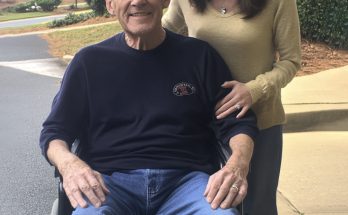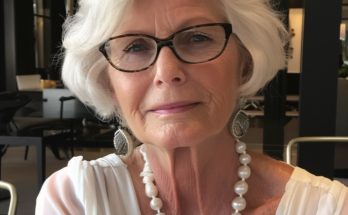A devastating finding regarding Robin Williams’ health was uncovered by a coroner during the actor’s autopsy.
On August 11, 2014, the renowned actor took his own life at the age of 63.
Williams struggled with substance misuse and serious mental health concerns before receiving a Parkinson’s disease diagnosis.
But after his death, the comedian’s son came out to describe how it was discovered that he had received a false diagnosis.
Parkinson’s disease is a disorder that causes progressive brain damage over many years. It can lead to memory issues, melancholy, anxiety, delayed mobility, and uncontrollably shaking parts of the body.

Following his death, however, an autopsy showed that Williams had undiagnosed Lewy body dementia (LBD), which was gradually developing his Parkinson-like symptoms.
One of the most prevalent forms of dementia, according to the NHS, is characterized by symptoms such as hallucinations and hearing voices; difficulties with comprehension, reasoning, memory, and judgment; confusion or drowsiness; sluggishness, stiff limbs, and tremors; disturbed sleep; fainting episodes, unsteadiness, and falls; depression and anxiety.
Although there are medications to help manage some symptoms, there is presently no cure for LBD or medication that will slow it down. Although it varies greatly, the typical survival period following a diagnosis is reportedly between five and seven years.
Zak, Williams’ son, talked about the illness and his father’s incorrect diagnosis in 2021, saying it left him “very uncomfortable” and “frustrated” in his last years.
He said on Max Lugavere’s The Genius Life podcast: “What he was going through didn’t match one-to-one [with] many Parkinson’s patients’ experiences. So, I think that was hard for him.”
“There was a focus issue that frustrated him; there were issues associated with how he felt, and also from a neurological perspective, he didn’t feel great. He was very uncomfortable,” he continued, adding that the incorrect medical information and medication may have ‘exacerbated the situation’.
Additionally, they are quite taxing on the body and mind.
“The diagnosis was different than the disease so I think it could be a situation where you’re taking stuff and experiencing purely the side effects of [the drug].”
He went on to say that the illness and incorrect diagnosis further impacted his father’s mental health by preventing him from being able to “perform his craft.”



